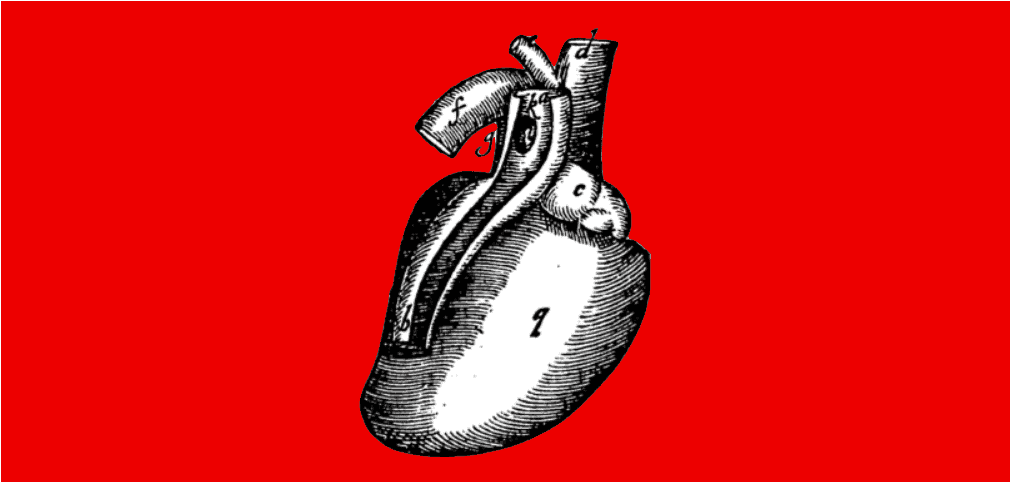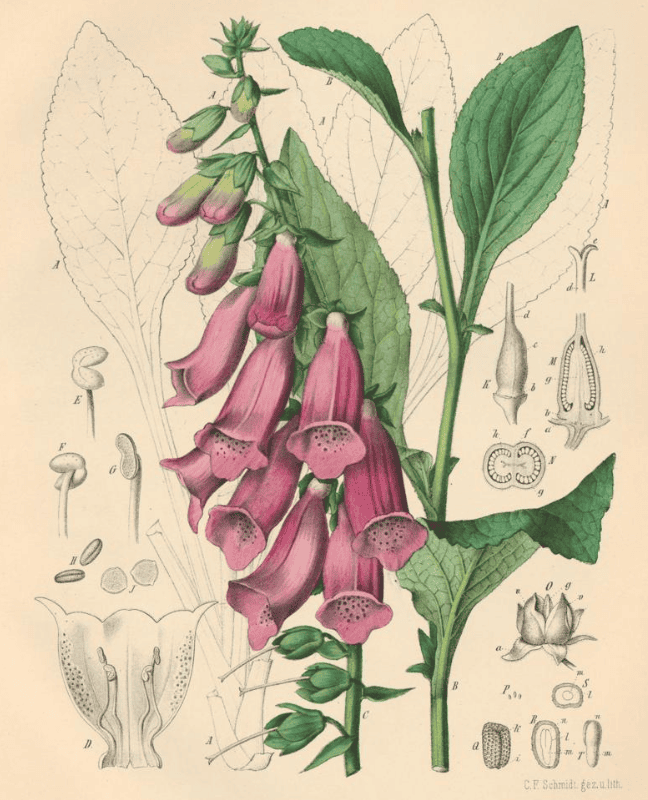Heart Disease
Cardiovascular Disease Heart disease is a general term for a group of symptoms affecting the Heart. It can be related to:
Heart disease is a general term for a group of symptoms affecting the Heart. It can be related to:- Disease of the Heart Vessel
- Disease of the Heart Muscle
- Structural Changes in the Heart
- Blood clotting
These changes typically are associated with age, but may also be hereditary.
Symptoms may include:
- Chest tightness or Oppression
- Breathlessness
- Fatigue after slight exertion
- Palpitations, beating in the chest
Coronary Heart Disease refers specifically to disease in the major Heart Blood Vessels.
In Traditional Medicine, Heart Disease can be classified into various main types:
1. Heat/Bile: red face, gets hot easily, feels hot in the chest, feels better at rest
2. Phlegm: pale face, wet tongue, heavy feeling in the chest, feels better with exercise
3. Wind/Qi Stagnation: chest oppression, worse when stressed, maybe palpitations with anxiety
4. Blood Stagnation: purple tongue, lips and nail beds, sharp or stabbing pain
5. Yang Deficiency: severe cold, pale face, cold extremities, joint pain, diarrhea
Chronic cases are usually complex and fit one of several typical patterns:
1. Qi and Blood Stagnation
2. Phlegm/Damp Obstruction with Qi/Blood Stagnation
3. Qi/Yang Deficiency with Qi and Blood Stagnation
Treatment principle is generally to move Qi and Blood, relax the vessels, remove any excess and strengthen any deficiency.

|
Heart disease remains one of the biggest killers, especially from middle age. Anyone presenting with cardiac symptoms should be properly assessed by modern medicine to ascertain a proper diagnosis. Caution must be exercised in using Cardioactive herbal medicines, especially to ensure toxicity or potentiation doesn’t occur with western medicine drug interaction. |
Primary Cardioactive Herbs of Traditional Medicine
|
Hawthorn Lily of the Valley Black Hellebore |
Squill Strophanthus Oleander |
Foxglove Adonis Apocynum cannabinum |
Toad Venom (Chan Su) has potent cardioactive activity and is used in some patent pills for Heart disease in China, but is largely prohibited elsewhere.
Other Important Herbs in the treatment of Heart Disease
|
Motherwort Rosemary Valerian Spikenard |
Cinnamon Cinnamon twig Galangal Sandalwood |
Saffron Frankincense Myrrh Dragons Blood |
Aloeswood Storax Camphor Musk |
|
Salvia Dan Shen |
Dang Gui |
Ginseng |
Terminalia Arjuna |
|
Basil St. Johns wort |
Turmeric Ginger |
Tribulus Notoginseng San Qi |
Salvia Dan Shen Terminalia Arjuna |
2. Hawthorn berry with Rosemary, Rosehip, Motherwort, Calendula
2. Lily of the Valley, Hawthorn
3. Lily of the Valley, Hawthorn, Motherwort
4. Lily of the Valley with Bugle, Motherwort, Hawthorn berry
6. Hawthorn berry with Mistletoe, Dandelion, Motherwort, Fumitory, Couch grass, Balm, Rue, Yarrow, Shepherd’s Purse (Treben)
 Foxglove
FoxgloveAtlas der Officinellen Pflanzen, Berg & Schmidt, Leipzig, 1893
Special Formula:
1. HUO LUO XIAO LIN DAN
Dang Gui
Salvia Dan Shen
Myrrh (Mo Yao)
Frankincense (Ru Xiang), equal parts
Blood stasis, dark tongue, heart disease with angina.
2. GUAN XIN SU HE PILLS
Storax (Su He Xiang)
White Sandalwood (Tan Xiang)
Costus (Mu Xiang)
Borneo Camphor (Bing Pian)
Olibanum (Ru Xiang)
Qi and Blood stasis, Chest oppression, breathlessness
3. DAN SHEN PIAN
Salvia Dan Shen 450mg
Panax notoginseng San Qi 141mg
Ginseng (Ren Shen) 50mg
Borneo Camphor (Bing Pian) 8mg
(Amounts per capsule
4. BAO XIN DAN
Artificial Musk (Ren Gong She Xiang)
Ginseng (Ren Shen )
Cinnamon (Rou Gui)
Toad venom (Chan Su)
Storax (Su He Xiang)
Artificial Bezoar (Ren Gong Niu Huang)
Borneo Camphor (Bing Pian)
This is prepared as a patent medicine.
See also:
Move the Blood
Heart weakness
Heart Pain, Angina
Palpitations & Arrhythmias
Research
1. An Analysis of Chemical Ingredients Network of Chinese Herbal Formulae for the Treatment of Coronary Heart Disease
2. Characteristics of Chinese herbal medicine usage in ischemic heart disease patients among type 2 diabetes and their protection against hydrogen peroxide-mediated apoptosis in H9C2 cardiomyoblasts
3. The traditional Chinese medicines treat chronic heart failure and their main bioactive constituents and mechanisms
4. Digitalization of prevention and treatment and the combination of western and Chinese medicine in management of acute heart failure
